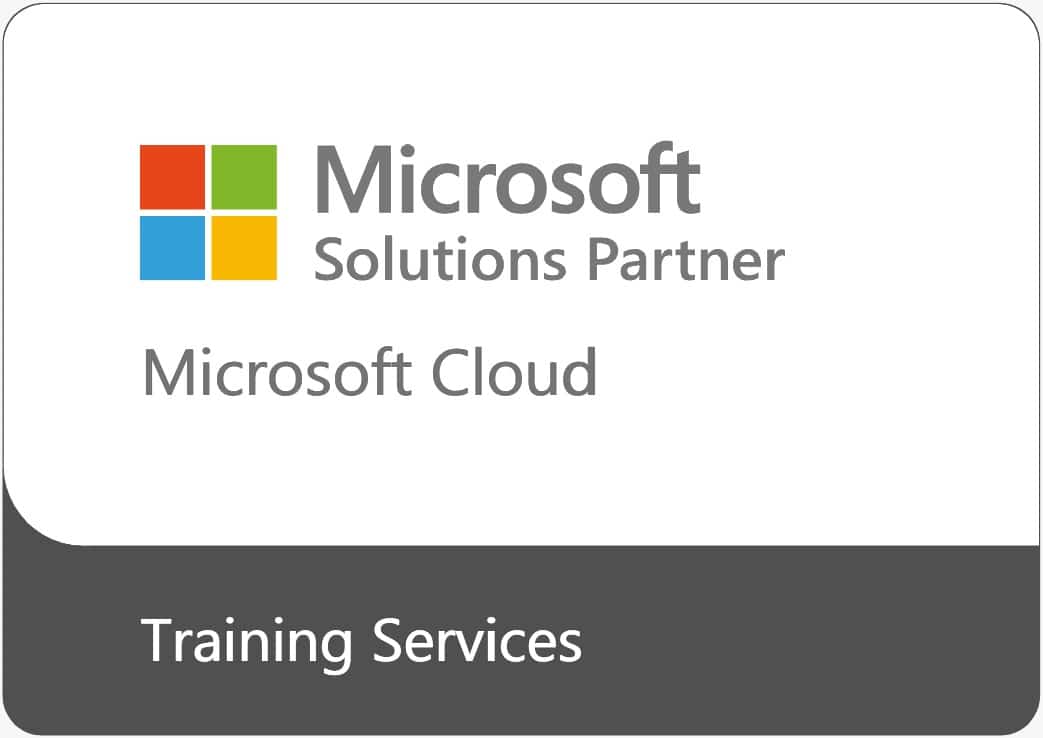Dynamics 365 Commerce functional consultants set up and use the application functionality in Microsoft Dynamics 365 Commerce, and provide support for the application. The functional consultant typically has a strong understanding of unified commerce business operations, and experience configuring, deploying, maintaining, and using Microsoft Dynamics 365 Commerce. This four-day MB-340T00: Microsoft Dynamics 365 Commerce Functional Consultant course covers the essentials for the role.
-
Unlock opportunities with Azure Cosmos DB.
This DP-420T00: Designing and Implementing Cloud-Native Applications Using Microsoft Azure Cosmos DB course teaches developers how to create application using the SQL API and SDK for Azure Cosmos DB. Students will learn how to write efficient queries, create indexing policies, manage and provisioned resources, and perform common operations with the SDK.
-
-26%
Level up with Microsoft Certified: Azure Solutions Architect Expert.
How do organizations today balance risk, cost, and capabilities—while continuing to deliver business value? The cloud can address all of these issues, and it has transformed the way businesses solve their technology challenges. Microsoft Azure solutions architects are the key to implementing cloud architecture, using resources efficiently, and maintaining security—whether migrating an existing system to the cloud or building a new one.
This AZ-305T00: Designing Microsoft Azure Infrastructure Solutions course teaches Azure Solution Architects how to design infrastructure solutions. Course topics cover governance, compute, application architecture, storage, data integration, authentication, networks, business continuity, and migrations. The course combines lecture with case studies to demonstrate basic architect design principles.
-
Level up with Microsoft Certified: Windows Server Hybrid Administrator Associate certification.
This AZ-800T00: Administering Windows Server Hybrid Core Infrastructure course teaches IT Professionals how to manage core Windows Server workloads and services using on-premises, hybrid, and cloud technologies. The course teaches IT Professionals how to implement and manage on-premises and hybrid solutions such as identity, management, compute, networking, and storage in a Windows Server hybrid environment.
-
This course will cover the cloud native application development strategies and migration of existing application to cloud by leveraging the features of cloud. This course will talk about the cloud patterns and practices for developers such as Serverless, Containers and Microservices. As part of the session, you will be learning the different patterns for service communications using messages and events
-
This session will cover the basics of how to use the Cloud Adoption Framework—a set of documentation, implementation guidance, best practices, and tools that aid in aligning the strategy for business, people, and technology.
-
The session will cover the basics of Azure Virtual Desktop and provide an implementation details of Windows 10 pool of VMs within the same.
-
This session will guide you how to connect Azure Boards with one or more GitHub repositories. And By connecting Azure Boards with GitHub repositories, you enable linking between GitHub commits, pull requests, and issues to work items. You can use GitHub for software development while using Azure Boards to plan and track your work. Azure Boards provides the scalability to grow as your organization and business needs grow.
-
Azure Sentinel helps to collect, detect, investigate and respond to security threats and incidents. Thus, delivering intelligent security analytics and threat intelligence across the enterprise ecosystem. Azure Sentinel natively incorporates Azure Logic Apps and Log Analytics that enhances its capabilities. It also has built-in advanced machine learning capabilities that can detect actors of threats and suspicious Behaviors that can significantly help security analysts to analyze their environment.
The core objective of the session is understanding Microsoft Sentinel association with Log Analytics. Key aspects of the session would be exploring Data Connectors and using Azure Activity
-
This Session will uncover how to use Spatial Analysis technology responsibly and how our AI technology works, and the choices system owners can make that influence system performance and behavior. How to focus on the importance of thinking about the whole system including the technology, people, and environment.
-
This session will explore what is the concept of Data LakeHouse – a new, open data management architecture that combines the flexibility, cost-efficiency, and scale of data lakes with the data management and ACID transactions of data warehouses, enabling business intelligence (BI) and machine learning (ML) on all data. SQL Synapse now supports Data Architecture that can consist of Data Lake, Data Warehouse or a combination of both.
-
This session will explore what is the concept of Report Automation where you can create Advanced Dynamic Report in few steps. Working with few useful options while cleaning & preparing data. Designing a data model with non-active relationship which help us in Realtime scenario. Will also make understand Customization in Dashboard.






